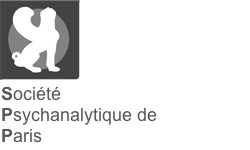|
Resumen:
|
James Robertson’s early films of hospitalized children, particularly A Two Year Old Goes to Hospital (1952), are frequently cited in histories of child psychoanalysis and child psychiatry. Much less is known about the later phase of the research he undertook with his wife, Joyce Robertson, into substitute mothering and the nursery setting. This project was documented in the film series Young Children in Brief Separation (YCBS) (1967), in which the Robertsons acted as foster parents to four children temporarily separated from their mothers. They made a contrasting film, John, about a young boy’s nine-day stay in a residential nursery, where the effects of discontinuous care on the child’s mind are starkly revealed. Drawing on the concept of the narrative self, this article examines the YCBS series for the first time in the historical literature, exploring the films’ clinical and socio-political meanings. In this new account of the Robertson films, cinematic storytelling becomes a means of exposing, and militating against, psychological fragmentation in the mind of the child, carer and film-viewer.
|




